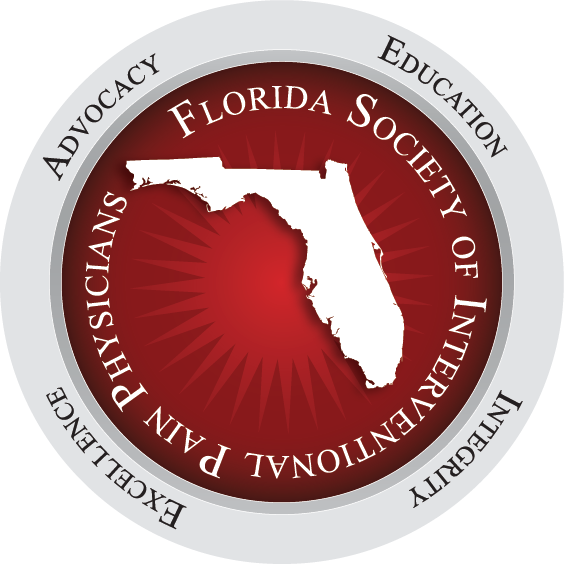For months, experts have recognized the challenge of effectively communicating about variants of concern (VOCs) and called for a simplified naming convention. On May 31, the WHO unveiled a new system that will assign Greek letters to VOCs and variants of interest (VOIs) as a more convenient label. While many VOCs have been colloquially labeled using their place of origin (e.g., Brazil, India, South Africa, UK), the use of locations is inconsistent with existing WHO guidelines for naming diseases and pathogens. The WHO has updated its list of VOCs, with Greek letters assigned to the first 4 VOCs—Alpha (B.1.1.7), Beta (B.1.351), Gamma (P.1), Delta (B.1.617.2)—as well as 6 VOIs. The existing scientific VOC/VOI labels will continue to be used in some settings, as they “convey important scientific information,” but the Greek letters will be used broadly in public communications. While the new method aims to simplify communications, it is not without limitations. Perhaps most notably, it is not immediately clear what will happen if more than 24 VOCs/VOIs are identified. Additionally, the new naming convention does not appear to apply to variants that are not designated as VOCs/VOIs, and it is unclear whether variants will retain their Greek letter if they are ultimately removed from these lists.
